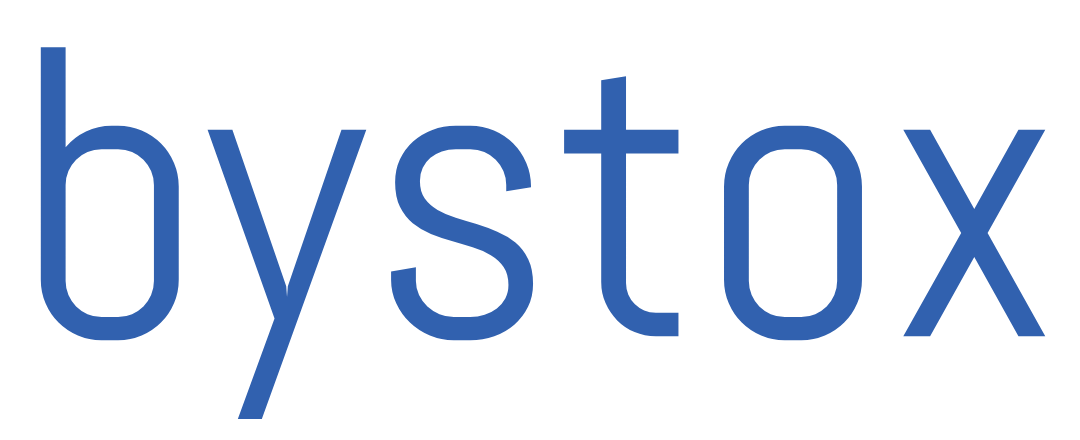TCS CEO K Krithivasan highlighted the efficiency of video conferencing tools like Zoom and Microsoft Teams but emphasized their oversight of crucial informal conversations and chitchat typical in office environments.
During a recent address, TCS CEO K Krithivasan underscored the effectiveness of video conferencing platforms such as Zoom and Microsoft Teams. However, he pointed out their limitation in capturing the essential informal discussions and casual interactions that take place in a traditional office setting. Krithivasan emphasized the significance of these informal conversations in fostering collaboration, team bonding, and knowledge sharing among employees, suggesting that physical office spaces play a crucial role in facilitating such interactions. He stressed the need for a balanced approach that integrates the benefits of remote work with the advantages of in-person collaboration to maximize team building and learning opportunities within organizations.
TCS CEO and MD, K Krithivasan, expressed his belief in the substantial benefits of employees returning to the office, emphasizing the value of in-person collaboration and camaraderie-building, as reported by the Financial Express. He highlighted informal conversations in the office environment as one of the key reasons, speaking at the Nasscom Technology and Leadership Forum.
Krithivasan emphasized the importance of informal conversations that occur in office settings, noting that video conferencing tools like Zoom and Microsoft Teams, while efficient, overlook these crucial interactions. He further mentioned that TCS had experienced a lack of collaboration and camaraderie among associates working remotely, particularly those who joined in the last two to three years and have not yet visited the office.
“Within TCS, we highly value the collaboration and camaraderie among our employees. While things were gradually returning to normal, our associates continued to work from home, and we felt the absence of collaboration and camaraderie. Despite the efficiency of tools like Zoom and Teams, we must acknowledge the importance of informal conversations – the chitchat that naturally occurs in the office environment. Approximately 30-40 percent of our associates have joined within the past two to three years, and during their initial years, many have yet to step foot in the office. This raises questions about the value they stand to gain without experiencing our office culture firsthand,” he remarked.
The CEO also expressed concerns regarding the limitations of remote work in providing crucial learning experiences for employees, such as observing how seniors handle client situations. He emphasized that certain aspects of professional growth cannot be adequately taught through other forms of training. Additionally, he noted that the majority of TCS customers prefer employees to work from the office, underlining the significance of in-person interactions in delivering high-quality services.
When discussing the global market, Krithivasan adopted a cautiously optimistic outlook, especially for the medium term. He highlighted the plentiful opportunities in technology work and modernization, underscoring the increasing interest in harnessing the power of artificial intelligence (AI) of the next generation.
In terms of the short-term outlook, Krithivasan acknowledged the difficulty in making predictions but expressed optimism for the upcoming year, anticipating improvements compared to the current year. He attributed this positive outlook to the early signs of recovery observed in certain large industry verticals, indicating potential green shoots of growth.
“We remain cautiously optimistic, particularly in the medium term rather than the long term. There is still a significant amount of technology work and modernization yet to be accomplished. There is a widespread desire to capitalize on Generation AI, presenting us with numerous opportunities. However, making short-term predictions is challenging. Nonetheless, we anticipate next year to be better than the current year. This optimism stems from the early signs of recovery observed in certain large industry verticals, indicating the emergence of promising growth prospects,” Krithivasan stated.
In response to a query about the decoupling between revenue and headcount, Krithivasan acknowledged the term as robust. He elaborated that while there has been a decrease in the number of employee hires in FY24 compared to recent years, this was partly due to many organizations having hired in anticipation of future demand. With demand now stabilizing, TCS has begun leveraging its existing workforce, including employees on the bench.

